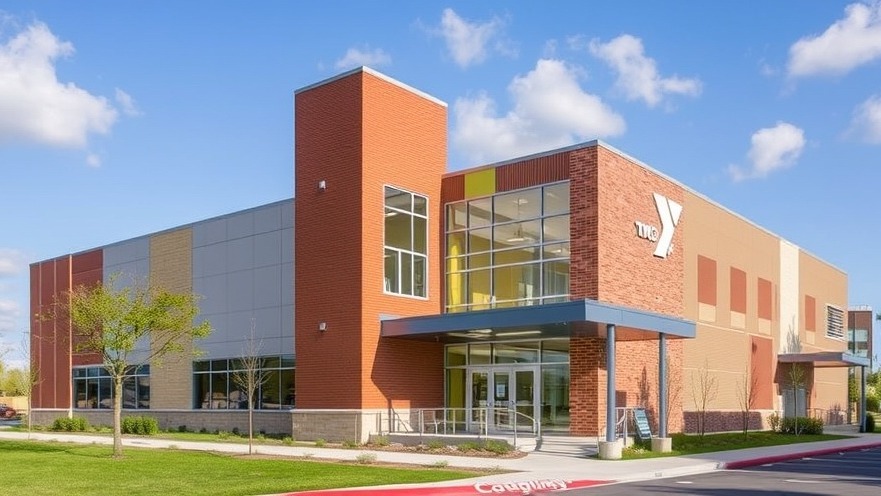
Unlocking Affordable Counseling in Austin: YMCA's Initiative
Austin, known for its vibrant culture and lively lifestyle, is also a city where the cost of living can weigh heavily on its residents, affecting everything from housing to health care. This May, as Mental Health Awareness Month wraps up, the Greater Austin YMCA is doing its part to lighten the financial burden on those seeking mental health support. With therapy sessions available for just $1, it’s an opportunity that aims to break down the barriers that often prevent individuals from accessing help.
Breaking the Stigma of Mental Health
Mental health struggles affect many Austinites, yet discussing these challenges can still be taboo. The YMCA initiative not only provides affordable care but also encourages open dialogue about mental health issues. Licensed Marriage and Family Therapist Kristen Pierce-Vreeke expresses that this initiative is about making access to professional mental health support a reality for everyone, regardless of financial constraints. This outreach is integral in fostering a culture where individuals feel empowered to seek help when needed.
Educational Events: Beyond Individual Therapy
In addition to affordable counseling, the YMCA is hosting two free educational events aimed at aiding the broader community. The first event focuses on prioritizing self-care for helping professionals and caregivers, highlighting the importance of self-care in maintaining overall mental wellness. The second, centered on eating disorders in teens and young adults, addresses modern-day challenges exacerbated by social media and body image issues—further emphasizing the YMCA's commitment to community health through accessible education and support.
A Timely Intervention During Mental Health Month
Since 1949, May has marked Mental Health Awareness Month, promoting public education on mental well-being and advocating for better mental health policies. It’s a month dedicated to not just awareness but also direct action—acknowledging that early intervention is crucial. During these challenging times, especially post-pandemic, lowering barriers to care becomes vital for individuals grappling with stress, anxiety, and depression.
Access Made Simple: Scheduling and Services
Clients interested in participating can schedule one 50-minute session for just $1 through May 31, after which they have the option to continue sessions with therapists at typical market rates of $70-$125, depending on the level of therapy required. This not only benefits first-time clients but also provides a chance for returning clients to explore other therapy services. With appointments available in both English and Spanish, the opportunity is inclusive and designed to meet the diverse needs of the community.
Significance of Local Initiatives on Community Wellness
In a city burgeoning with creative thinkers and aspiring lifestyle influencers, initiatives like the YMCA's counseling program showcase how local resources can make a significant impact on community health. They cultivate a sense of connection among residents, reinforcing that seeking help is not only acceptable but encouraged. As Austinites strive to improve their well-being, mental health awareness continues to be a cornerstone of a healthier, more engaged community.
Finding Hope and Healing
The reduction in wait times for appointments—from an average of 48 days nationally to a maximum of just five days at the YMCA—is a testament to the pressing need for accessible mental health services in Austin. Through the combination of affordable therapy and educational outreach, the YMCA is fostering not just recovery but resilience in the community. As they promote mental wellness, they are effectively encouraging Austinites to prioritize their mental health alongside other aspects of well-being.
As the YMCA continues its mission to improve mental health access, it's essential for the community to embrace these opportunities. Whether you are a first-time client or someone seeking continuous support, consider scheduling your session today. The well-being of the individual contributes positively to the entire community, creating a cycle of health, hope, and healing.
 Add Element
Add Element  Add Row
Add Row 



 Add Row
Add Row  Add
Add 


Write A Comment